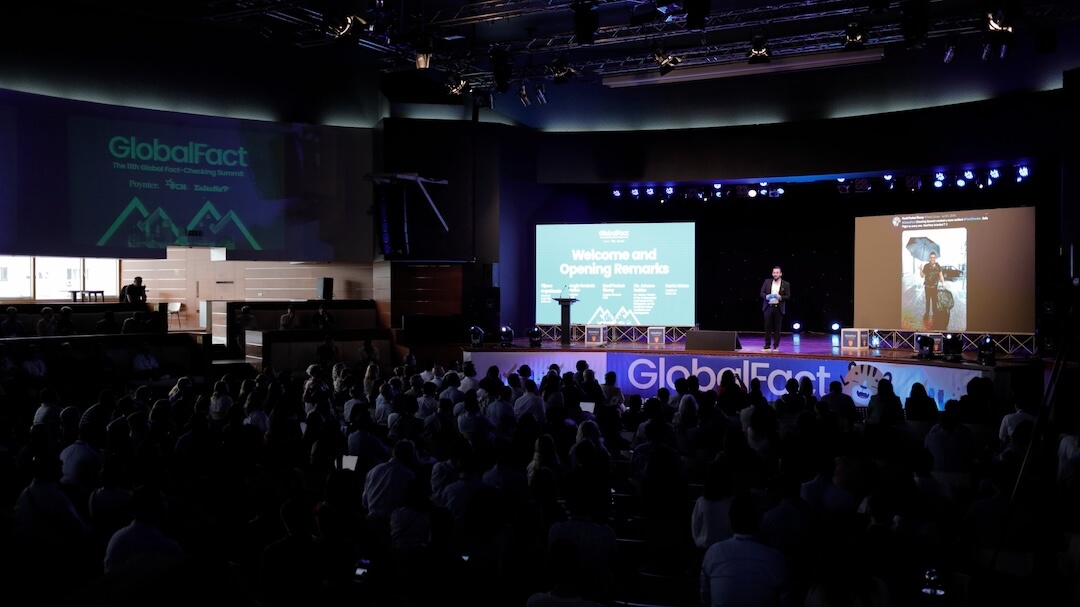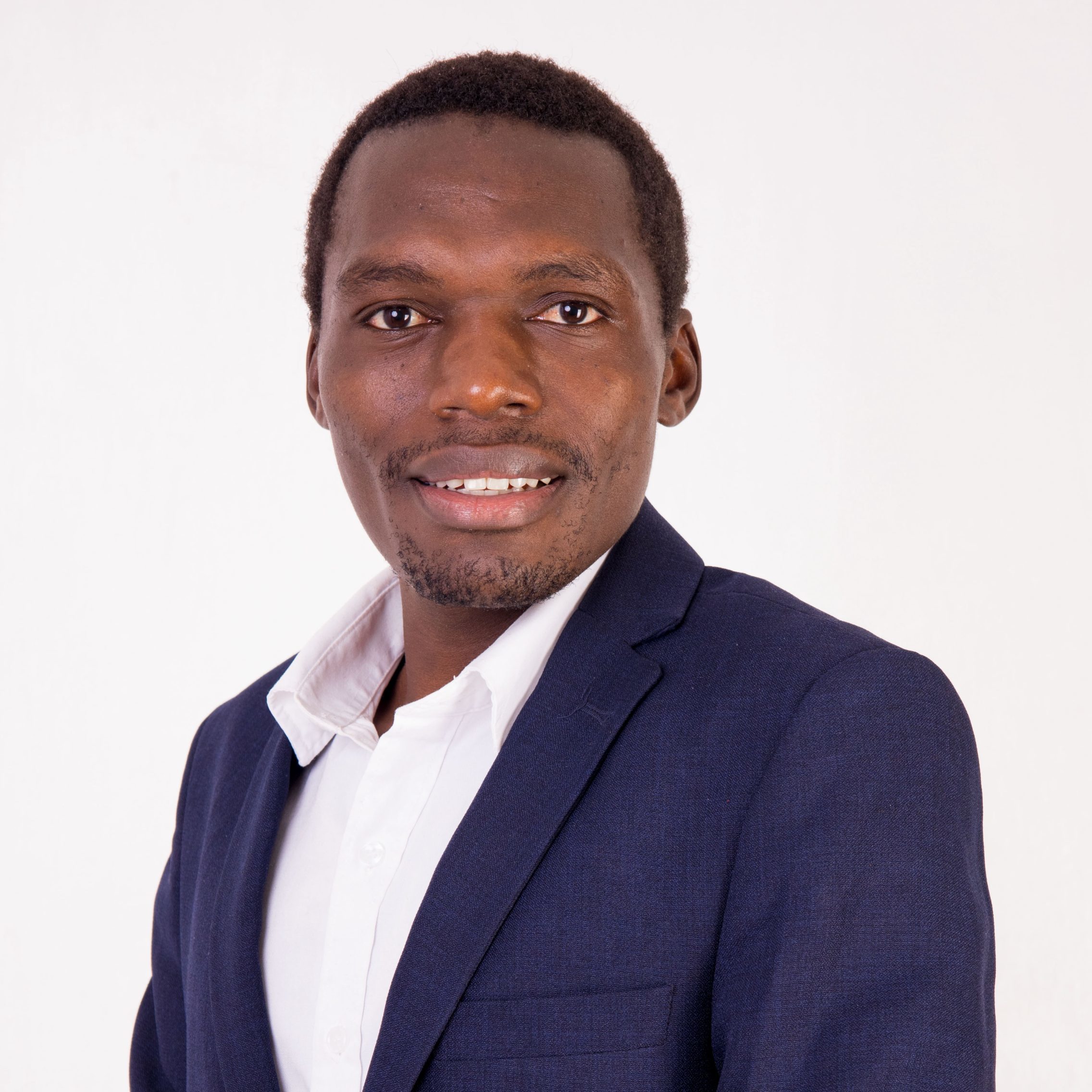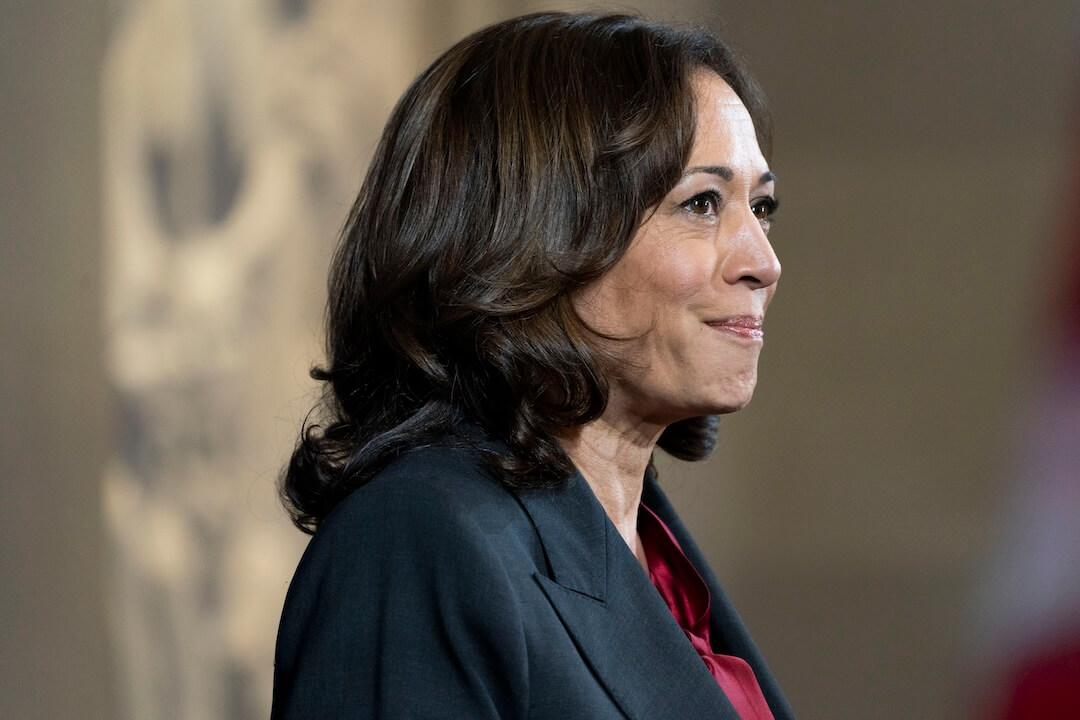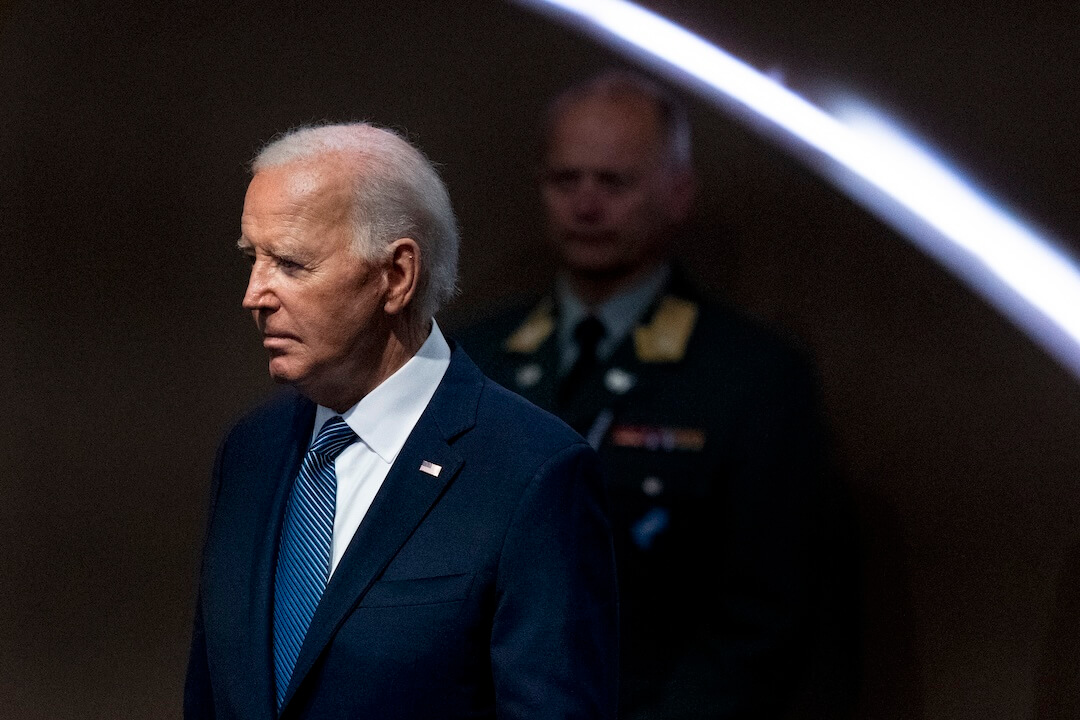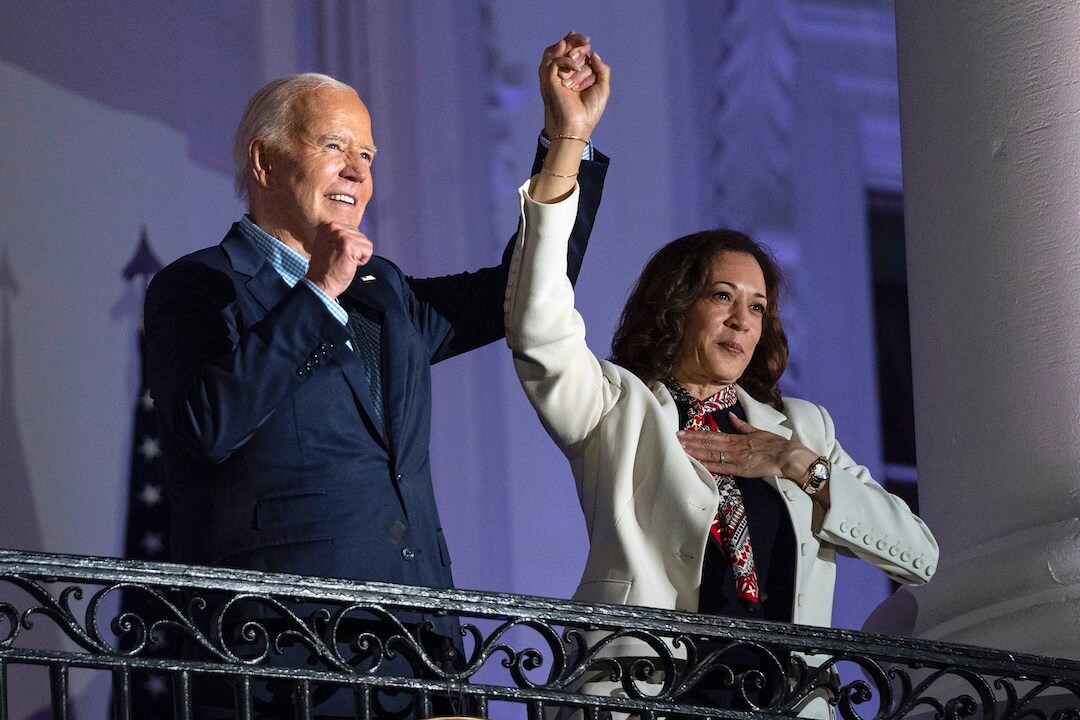Before the world’s fact-checkers conclude their three-day annual summit, GlobalFact 11, today in Sarajevo, the International Fact-Checking Network will award one of 10 fact-checking projects from eight countries the GlobalFact Award for highest impact, considered the top honor in the field.
The 2023 winner, Kemi Busari of Dubawa in Nigeria, uncovered the harmful effects and fraudulent claims of the popular traditional medicine “Baba Aisha.” The five-month investigation led to a nationwide crackdown on unsafe herbal products.
This year’s finalist works, from countries like India, Croatia, Brazil, Turkey and Denmark, are as follows:
Croatia’s fact-checking group Faktograf investigated the illegal stockpiling of plastic by Drava International, revealing the company’s environmental violations through the use of historical satellite images and fire department data. This investigation, which was picked up by other news outlets in the country, led to inspections and charges.
BOOM, one of three Indian organizations that finished as finalists in this category, exposed a shadow network of pro-Bharatiya Janata Party Facebook pages that spent over $240,000 on Meta ads to spread hate speech, misinformation and propaganda before recent elections. Their findings prompted Meta to remove the flagged content and ban a page from advertising. This report inspired further investigations into political ad spending across the country.
In Denmark, TjekDet unmasked a scam on Facebook involving fake bitcoin investment platforms. The series revealed huge financial losses and exposed the failure of authorities and the tech company to prevent the scam. The investigation led to an open letter and police reports against Meta.
Aos Fatos, a Brazilian fact-checking initiative that’s also competing for the “Most Creative Format” award, conducted a long-term investigation into a disinformation campaign that contributed to the January 8th attacks in the country. Their work, which included 21 fact checks over five years, was extensively mentioned in the parliamentary committee’s report on the “coup attempt,” which led to the indictment of former President Jair Bolsonaro.
Fact checks that Portugal’s Polígrafo produced on election issues were frequently referenced by candidates during debates before the 2024 legislative elections. Their work improved the quality of public discourse and held politicians telling lies accountable.
Vishvas News, also from India, debunked a viral Islamophobic claim that only Muslims receive subsidies for auto-taxi purchases in Karnataka. The fact check led to a police case against those spreading the falsehood, including a national news anchor who subsequently apologized.
The India Today Fact Check being considered for this award exposed a disinformation campaign using deepfake videos of the popular TV game show “Kaun Banega Crorepati?” to influence elections. Their investigation received widespread media coverage and caught the attention of the prime minister. This led to discussions on the emerging threat of deepfake technology in politics and the need for policies to safeguard the integrity of elections.
Serbia’s Crime and Corruption Reporting Network, or KRIK, analyzed the front pages of six leading newspapers in the country, uncovering more than 1,150 instances of false claims published in 2023. Their findings, which revealed substantial public funding for these news outlets, influenced European Commission reports.
In Turkey, Teyit debunked a claim that Palestinians sold their lands to Israelis voluntarily. The fact-checkers used historical records to reveal that by 1948, Jews owned about 7% of the land, largely due to the Absentee Property Law. This fact check provided a much-needed context in understanding the Israel-Palestine conflict.
AFP’s fact-checkers in Slovakia investigated a manipulated audio file shared just before the September 2023 parliamentary elections. The audio, allegedly featuring the head of the opposition Progresívne Slovakia party discussing election result manipulation, was found to be a hoax created using AI and synthetic voice technology. This investigation was one of the first to expose the use of AI-generated audio for election interference.
Winners in the other GlobalFact Award categories — Creative Format, Innovative Collaboration, and Best Research — will also be awarded at the last session of the summit. In the Innovative Collaboration category, the finalists are: Lupa (Brazil), Misinformation Combat Alliance with its 12 Indian organizations, Chequeado (Argentina), Animal Político (Mexico), Colombiacheck (Colombia), and The Quint (India).
